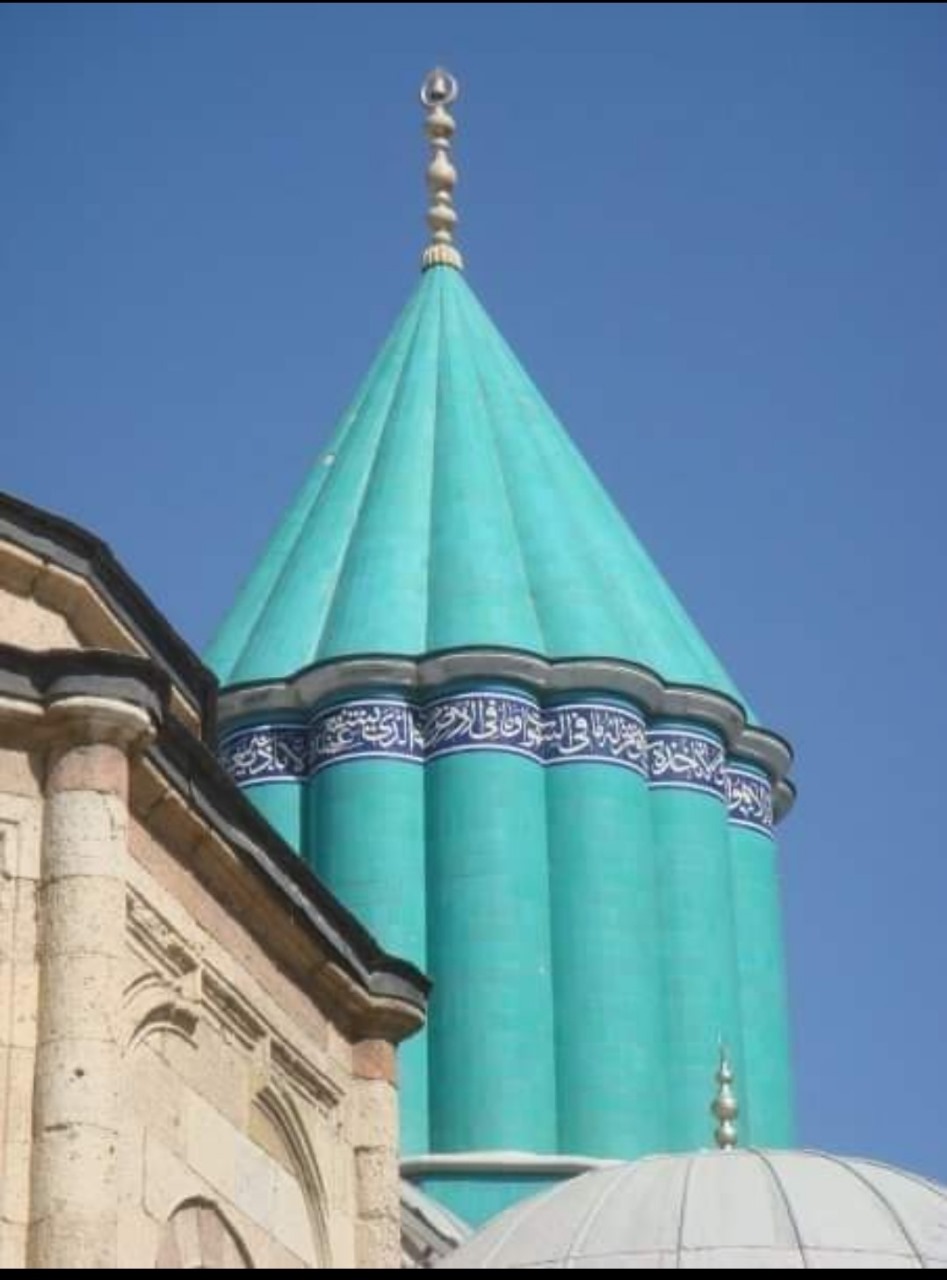Hazrat Yusuf and Mirror
- Rumi reminds us that on Judgment Day, we will stand before Allah, the Almighty, who will ask, “What have you brought for Me?” Our good deeds serve as offerings to Allah, reflecting our devotion, obedience, and faithfulness to Him. They stand out as precious gifts for Allah, symbolizing our sincerity and commitment to His guidance.
- Rumi quotes Qur’an
Surah Kahf, “And they will be marshalled before thy Lord in ranks, (with the
announcement), “Now have ye come to Us (bare) as We created you first: aye, ye thought We shall not fulfill the appointment made to you to meet (Us)!” (18:48)
Allah has endowed us with intelligence and free will, empowering us to cultivate the potential He has graciously bestowed upon us. He has also provided us with favorable resources in our surroundings to aid in this journey. It is our responsibility to choose how we nurture and utilize this potential—whether to pursue personal desires or to serve humanity in alignment with His divine purpose.
3. Rumi highlights the qualities of the righteous, emphasizing their practice of temperance in all aspects of life. The righteous eat less, not out of deprivation, but to ensure they can share their provisions with those in need. They sleep less, dedicating those precious hours to the heartfelt remembrance of the Creator. Through these acts of discipline and selflessness, they pave the way for a deeper, ultimate communion with Allah.
4. Mevlana draws a profound analogy with the moment a fetus, after the formation of its limbs, begins to move, a stage when, as tradition holds, angels carry divine light to the womb, and the body is blessed with the Ruh (soul), bringing life. He uses this imagery to emphasize the importance of desiring not just worldly existence, but a life imbued with eternal purpose and joy. This eternal life transcends all misery, pain, and darkness, leading to ultimate fulfillment and divine connection.
5. Rumi speaks of spiritual elevation, where Sufis transcend the weight of material existence to ascend to greater spiritual heights.
6. By detaching from worldly desires and embracing purity of heart, they can experience a profound communion with Allah, akin to the divine connection of the prophets. See Union (Jam) Click for details.
7. Sensory overloadis when your five senses—light, sound, taste, touch, and smell—take in more information that your brain can process. Overwhelmed by all the input, the brain responds as it would to a life-threatening situation and enters fight, flight, or freeze mode.

A window to Mathnavi Maulvi Ma’nvi
Translation and Commentary Seema Arif
Further Links for Rumi
8. Read about Sleeper’s Cave in English: https://medium.com/@idaraalfurqan11/story-of-ashab-e-kahf-according-to-the-quran-8f926743b802
Watch visual story on YouTube: https://www.youtube.com/watch?v=U8xSJOXOfJw
9. According to popular understanding, “Ashab al-yamin” is a Qur’anic term which literally means the people of the right hand, as opposed to “ashab al-shimal” which literally means the people of the left hand. According to the exegetes of the Qur’an, people of the right hand are people who were righteous during their life in this world and so, in the afterlife, they will receive the record of their actions with their right hands. On the contrary, people of the left hand receive the record of their actions with their left hands. According to some exegetes, the ‘yameen’ people will get blessings and happiness, and the “shamal” people are the unfortunate, whose food will be dust and ashes.
Mevlana has used zaat al Yameen and zaat al shamal; its meanings could be different. Zaat means self, and it cannot simply mean rightist or leftist. Another explanation would be switching between the right brain and left brain. Sometimes left-brain analytic thinking, and sometimes right brain holistic thinking. 10. Rumi quotes the Qur’an (10:62):
﴿أَلَا إِنَّ أَوْلِيَاءَ اللَّهِ لَا خَوْفٌ عَلَيْهِمْ وَلَا هُمْ يَحْزَنُونَ﴾
Unquestionably, [for] the allies of Allah there will be no fear concerning them, nor will they grieve.





